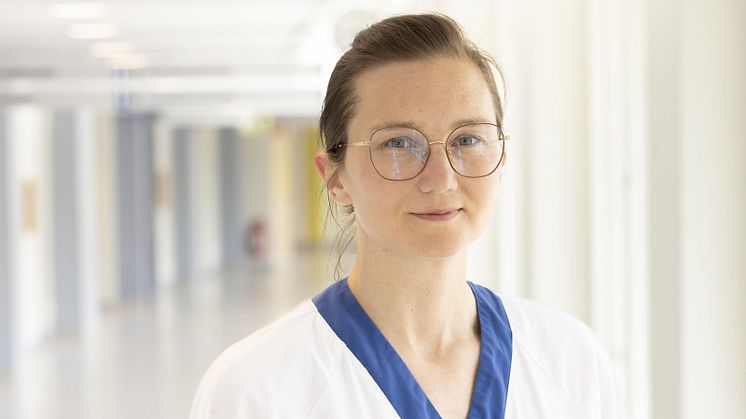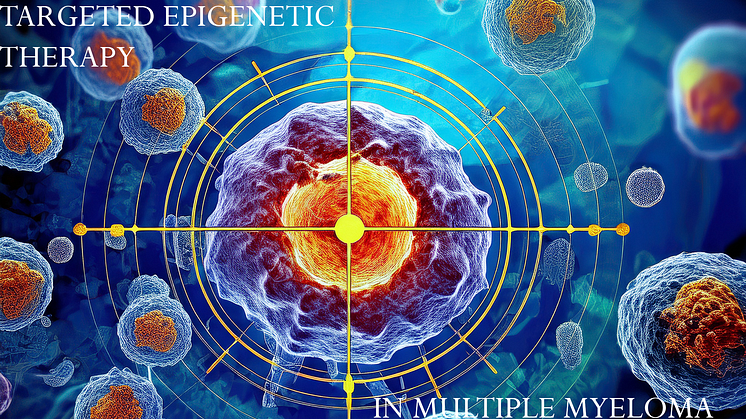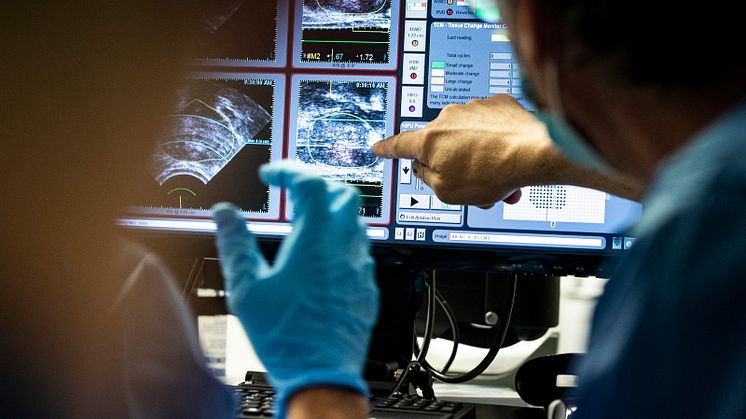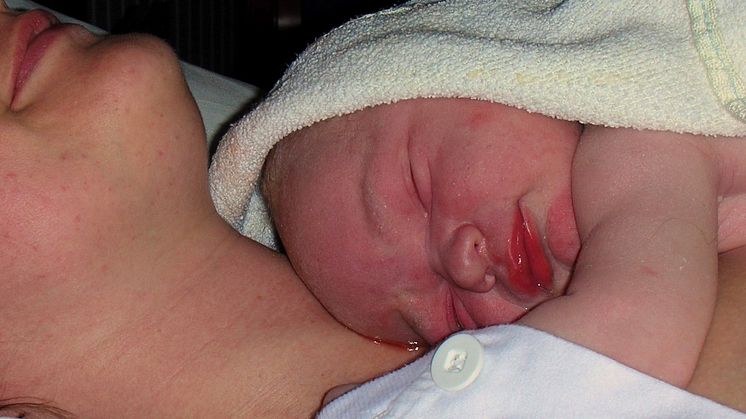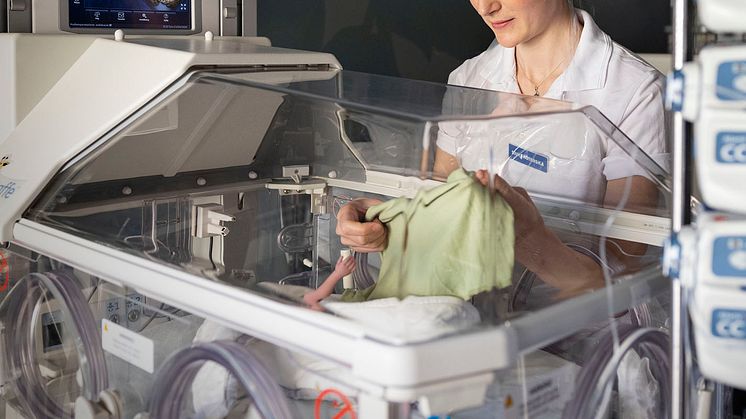Small increases in physical activity may reduce mortality
A brisk extra five-minute walk per day could potentially prevent many deaths. This is shown by new research based on data from more than 135,000 middle-aged and older adults. The study, conducted by researchers at the Norwegian School of Sport Sciences in collaboration with Uppsala University and others, has been published in The Lancet.











